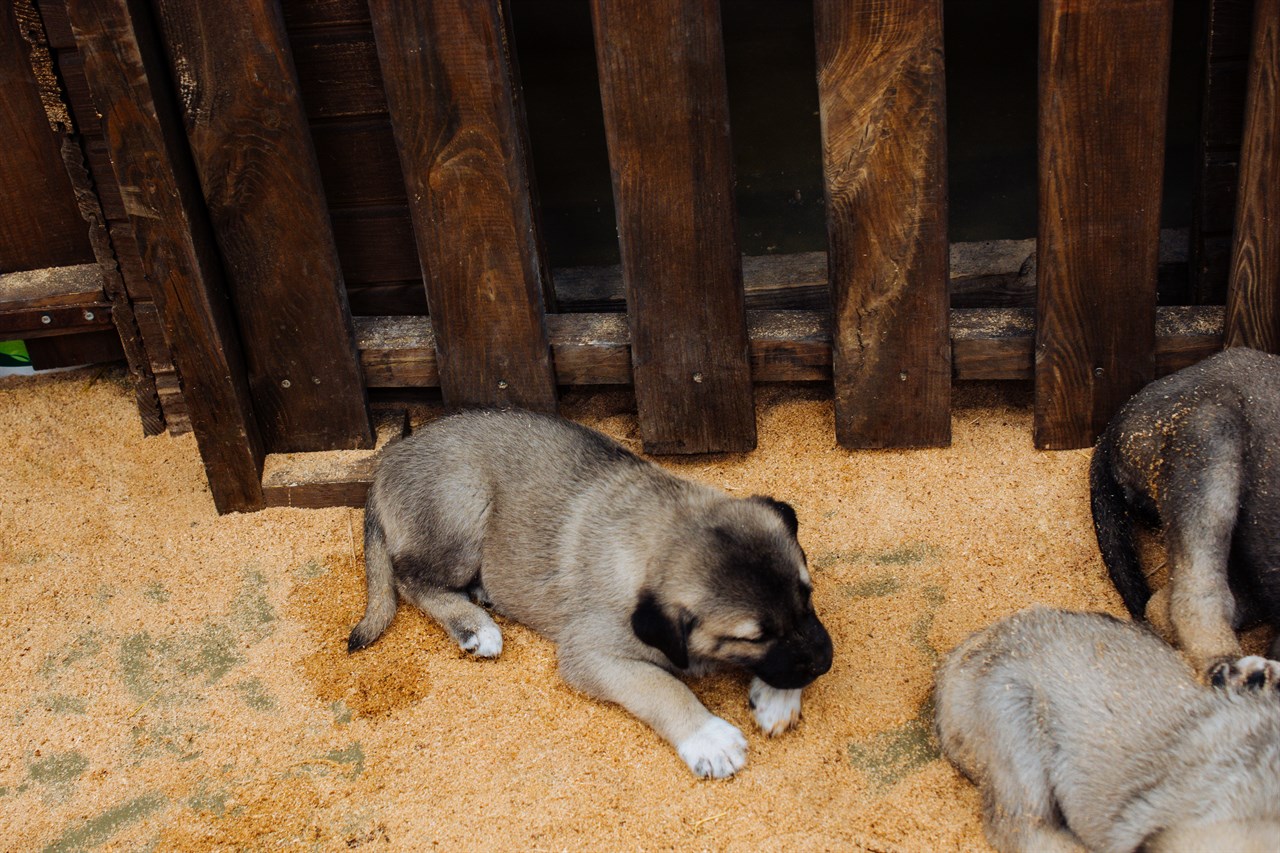Feeding Habits and Food Requirements of the Kangal Dog

Proper nutrition is crucial for the health and well-being of your Kangal Dog. Understanding their feeding habits and dietary requirements will help you provide them with the best possible care.
Age-Appropriate Diet
Kangal puppies, adult dogs, and senior dogs have different nutritional needs. Ensure that you choose a high-quality dog food formulated for their specific life stage. Puppies require diets with balanced nutrients to support growth, while senior dogs may need lower-calorie options.
Protein-Rich Diet
Kangals benefit from a protein-rich diet, as they are a large and active breed. Look for dog food that lists meat as the first ingredient and provides adequate protein content. Protein helps support their muscle maintenance and overall vitality.
Controlled Fat Intake
Kangals can be prone to weight gain, especially if they are less active. Choose dog food with controlled fat levels to prevent obesity, which can lead to health problems. Obesity can be particularly harmful to large breeds like Kangals.
Balanced Nutrition
Ensure that the dog food you choose offers a balanced blend of proteins, fats, carbohydrates, vitamins, and minerals. Look for options that meet the standards set by reputable pet nutrition organisations.
Portion Control
Kangals have a hearty appetite, but it's important to control portion sizes to prevent overeating and obesity. Follow the feeding guidelines provided on the dog food packaging, and adjust portions based on your Kangal's age, activity level, and individual needs.
Fresh Water
Provide your Kangal with access to clean, fresh water at all times. Proper hydration is essential for their overall health.
Avoid Human Food
While it may be tempting to share your food with your Kangal, it's best to avoid feeding them human food, especially foods that are toxic to dogs. Stick to a well-balanced, commercial dog food to meet their nutritional needs.
Avoid Rapid Growth
Rapid growth can lead to musculoskeletal issues in large breeds like Kangals. Avoid feeding them high-energy puppy food designed for rapid growth, as this can contribute to these problems. Instead, opt for controlled growth formulas.
Monitor Weight
Regularly monitor your Kangal's weight and body condition. Adjust their diet and portion sizes as needed to maintain a healthy weight. Consult with your veterinarian for guidance on weight management.
Special Dietary Considerations
Some Kangals may have food allergies or sensitivities. If you notice signs of digestive upset, skin issues, or other adverse reactions to their food, consult with your veterinarian to explore special dietary considerations.
In conclusion, providing your Kangal Dog with a balanced, age-appropriate diet, portion control, and access to fresh water is essential for their health and well-being. Remember that individual dogs may have unique dietary needs, so consult with your veterinarian to create a nutrition plan tailored to your Kangal's specific requirements.
Kangal Dog puppies for sale
- Find Kangal Dog puppies for sale in ACT
- Find Kangal Dog puppies for sale in NSW
- Find Kangal Dog puppies for sale in NT
- Find Kangal Dog puppies for sale in QLD
- Find Kangal Dog puppies for sale in SA
- Find Kangal Dog puppies for sale in TAS
- Find Kangal Dog puppies for sale in VIC
- Find Kangal Dog puppies for sale in WA